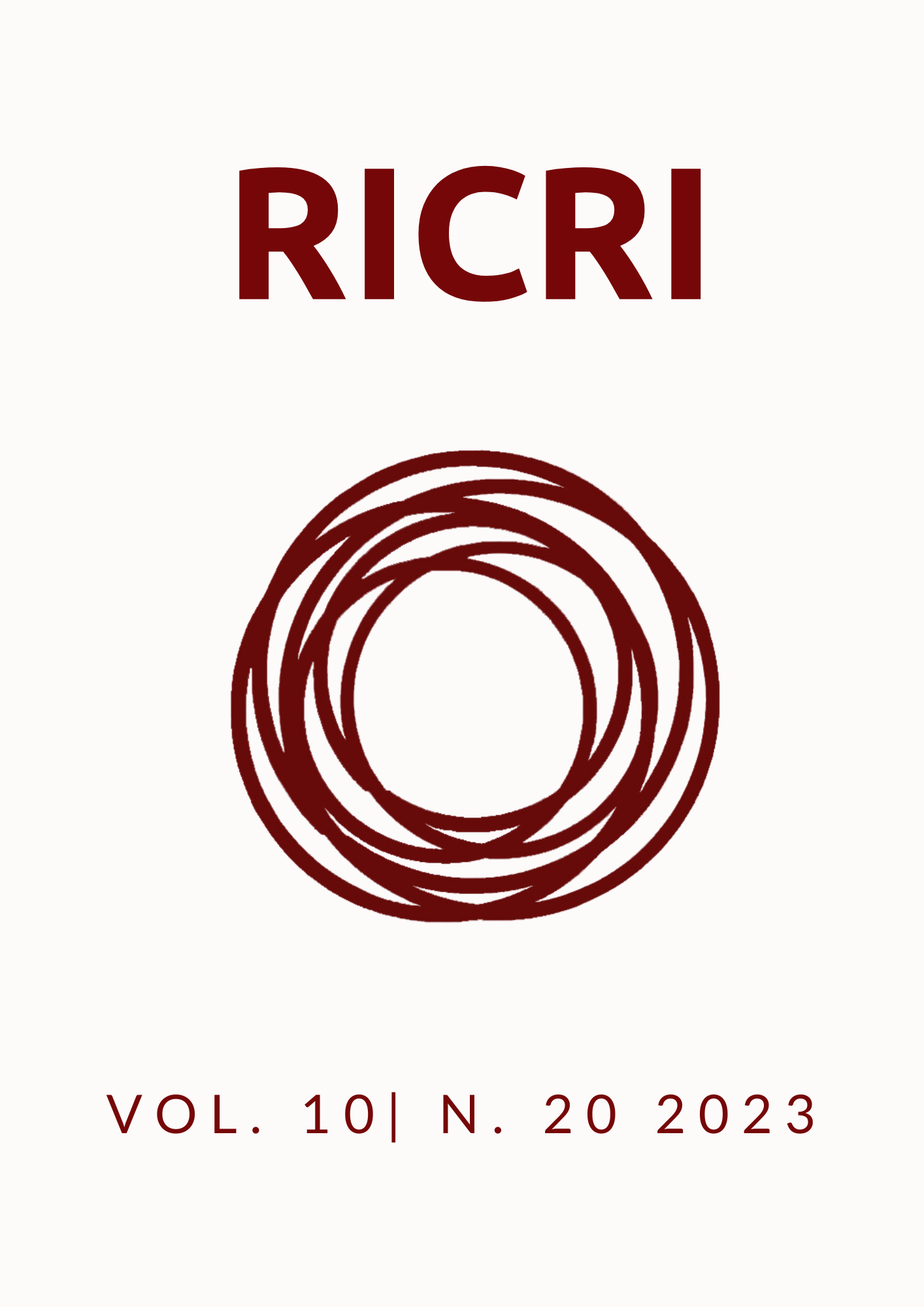A Moeda Internacional e sua instrumentalização para a coerção econômica
DOI:
https://doi.org/10.22478/ufpb.2318-9452.2023v10n20.63670Abstract
ABSTRACT
This article aims to understand how the international currency can be used as a tool of economic coercion. Therefore, a bibliographic review of the literature on International Political Economy was made, with data collection through books, articles, theses and dissertations, taking as a criterion the number of citations. The nature of the present research is qualitative and descriptive, and the technique used was content analysis. As a result, it was found that interpreting currency as an element intertwined with political and social factors, and not just market factors, although it opposes the hypothesis of monetary neutrality, makes it possible to understand currency as an instrument of coercion. Thus, countries which issue currencies at higher levels of the international monetary hierarchy have a greater capacity to constrain other nations economically, taking advantage of the asymmetric architecture of the international monetary system.
Keywords: International Monetary System; Monetary hierarchy; Economic coercion; Structural power.
Downloads
Published
How to Cite
Issue
Section
License
Copyright (c) 2023 Journal of Scientific Initiation on International Relations

This work is licensed under a Creative Commons Attribution-NonCommercial 4.0 International License.
Authors who publish with this journal agree to the following terms:
a. Authors retain copyright and grant the journal right of first publication with the work simultaneously licensed under a Creative Commons Attribution License that allows for sharing of work with acknowledgment of its initial publication in this journal.
b. Authors are able to take on additional contracts separately for non-exclusive distribution of the version of the work published in this journal (e.g., post it to an institutional repository or as a book), with an acknowledgment of its initial publication in this journal.
c. Authors are permitted and encouraged to post their work online ( eg, in institutional repositories or on their website) at any point before or during the submission process, as it can lead to productive exchanges , as well as increase the impact and citation of published work ( See the Effect of Open Access).




